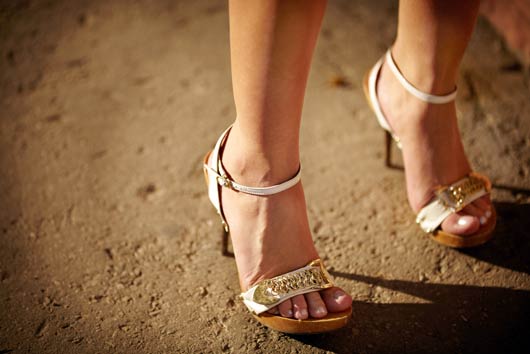
Although some people think the cover letter has seen better days, it definitely still plays an important role when you are applying for a job or even for a freelancing gig. The secret is to write a good cover letter that grabs a potential employer’s attention and gets you invited to that first interview. A well-written cover letter gives you an opportunity to share your story and personality and to engage your prospective employer beyond what a resume alone can do.
Before we discuss some do’s and don’ts of writing great cover letters, let’s talk about whom you should direct it to. The Director of Diversity at major companies to which you are applying is a great place to start. That person’s responsibility involves making sure there’s a diverse slate of candidates for every position, so he or she will pass your resume to the hiring manager. You can usually find this person’s name on the company’s website. In addition, a little research may reveal the name of the hiring manager for the position you seek and by looking up that person on LinkedIn, you may find out that you were raised in the same town, or went to the same school or are both Girl Scouts Leaders. A good friend of mine who uses this strategy has scored dozens of interviews throughout the years. Finding a way to connect with the potential employer puts you miles ahead of the competition.
Remember what your cover letter is supposed to do—bring to the reader’s attention your strengths and qualities which are not obvious in your resume, and highlight why you are the best person for the job. While your resume is an outline of your professional achievements and experiences, a cover letter is a brief essay explaining why you would be perfect for this particular job. You can bring the reader’s attention to certain achievements that are also listed on the resume and provide background information that would be relevant to the employer. If you are applying for an administrative job with a bank, for example, you don’t need to mention the position you had as a retail salesperson, but your job as an admin at a law firm would be an important experience to highlight.
Read Related: Strrrretch! Why You Should Be Underqualified for Your Next Job
COVER LETTER DO’s
- Use the same formatting as your resume. Keep formatting simple, which means avoid using multiple fonts, bold type, italics, etc.
- Show some personality. Talk about what you liked about a specific (and relevant) past job, or why you are personally interested in this one. Discuss what people who have worked with you say about you, as in: My colleagues often commend my team spirit.
- Discuss your availability to talk about the position over the phone, via email, and in person.
COVER LETTER DON’Ts
- Don’t use Dear Sir/Madam. Do everything possible to find a name to address the letter to. If you absolutely can’t find a name, address the letter To Whom It May Concern.
- Don’t make spelling/grammar errors. This is common sense, but proofread your letter and don’t trust your computer’s spell-check to catch all of the mistakes.
- Don’t be long-winded. Keep your cover letter to a few paragraphs. Two paragraphs may be a bit brief, but remember that the longer your letter, the greater the likelihood that the employer will stop reading.
WHAT YOUR COVER LETTER IS NOT:
- A rewording of your resume.
- A single-paragraph email.
- A one-size fits all form letter.
THE ACTUAL LETTER
Your first paragraph should include a brief introduction, how you heard about the position for which you are applying, and why you are interested. Do some research on the company and include something along the lines of, “I know XYZ Company and its founder, Jane Doe, are well respected within the local community and I am interested in bringing my experience to help expand XYZ’s efforts in (insert field, industry or new markets).” If you find out about any company plans to expand into the Hispanic market, for example, you can mention you are familiar with this particular population.
Following your introduction, spend a few paragraphs outlining how your experience and knowledge will be an asset to this particular position. The last paragraph will sum up your eligibility and your availability. Close your cover letter by anticipating a response, “I am eager to hear from you so we may arrange a time to meet.” This shows confidence and an excitement about the prospective employment.
Finally, before sending your cover letter and resume have someone else look them over. As with your resume, make sure this person’s first language is English and that you respect him or her professionally.
A great resume is important, but it’s only half of the equation. Your cover letter lets you sell your story and your qualifications. Read through some successful cover letter examples to get a feel for how they sound and don’t be afraid to ask someone with experience for help with yours. When applying for your dream job, you don’t always get a second chance—so be sure to get it right the first time.











